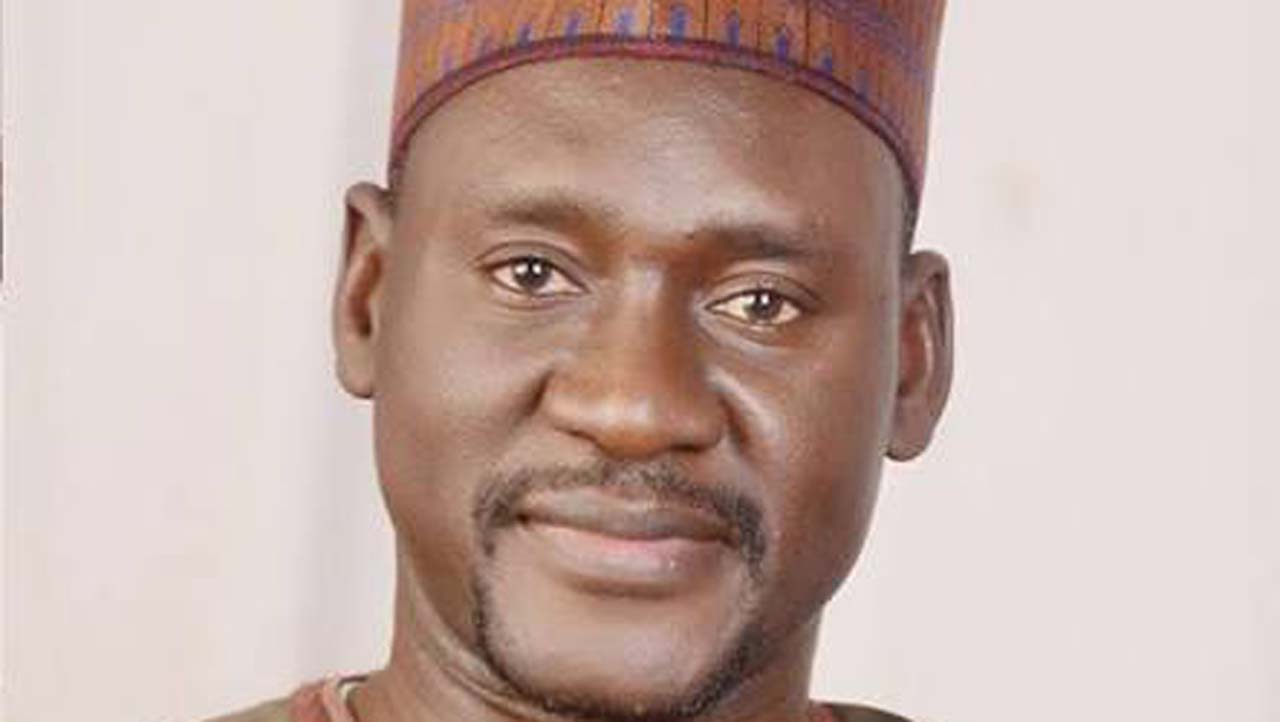
• Seeks removal of fuel subsidy
Civil Society Legislative Advocacy Centre (CISLAC) has rejected proposal to the Federal Government by the Nigerian Governors’ Forum (NGF), offering federal civil servants, above 50 years of age, a one-off retirement package.
Describing the proposal as unrealistic and lopsided, the organisation said the touted ‘cost reducing’ measure is a deceitful approach that might amplify existing socio-economic burdens of common Nigerians.
CISLAC’s Executive Director and Head of Transparency International (Nigeria), Auwal Musa Rafsanjani, in a statement, yesterday, also described the fuel subsidy regime as needless, saying it is a major contributor to high cost of governance in the country.
He said the proposal mirrors lopsidedness, insincerity and lack of readiness by all levels of government to holistically address the contending issues backpedalling the nation’s socio-economic development.
He said: “We, on this note, reiterate our greater concerns and draw the attention of all levels of government to various neglected issues that aggravate high cost of governance and socio-economic inequalities in Nigeria, like the systemic mismanagement of the nation’s treasury and institutionalised spending of whooping sums on irrelevant activities.
“This includes poor transparency and accountability, paving way for the inherent incompetence and abuse of public funds, amounting to trillions of naira by successive administrations at all levels.”
“As 85 per cent of reform efforts have failed since Independence, we are more worried by the dreaded impact of mismanagement and undue political interests that will continue to frustrate the success of socio-economic reforms; and without pragmatic measures could cost up to 37 per cent of Nigeria’s Gross Domestic Products (GDP) by 2030, as reported by PricewaterhouseCoopers (PwC).”
According to him, petrol subsidy payments have reportedly increased by 349.42 per cent, from N350 billion in 2019 to N1.573 trillion in 2021, while the National Assembly approved N4 trillion for petrol subsidies in 2022.
“We express total displeasure with the recurring challenges, monumental financial loss and gross socio-economic cost of ghost workers syndrome that lingers, especially at sub-national levels, with recent reports exposing floods of ghost workers across many states in Nigeria.
“As at 2012, an estimated $530 million (over N86 billion at N163/$1 exchange rate) was reportedly lost to ghost workers by Nigerian government, with precarious effects on the national budget. This, in mid-2016, amounted to over N538 billion lost to ghost workers by the Federal and 10 state governments in five years.”



